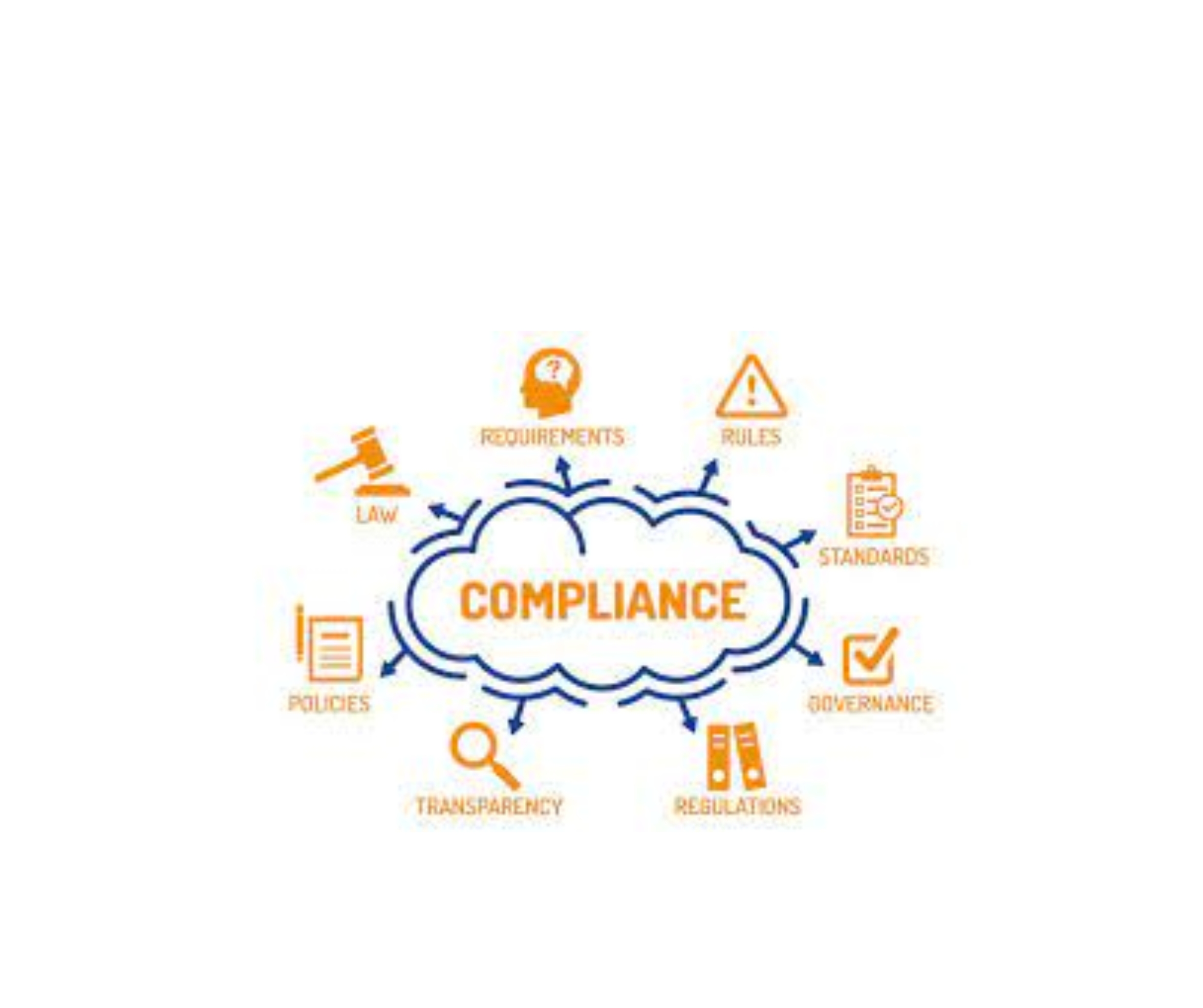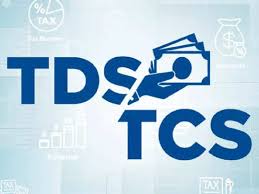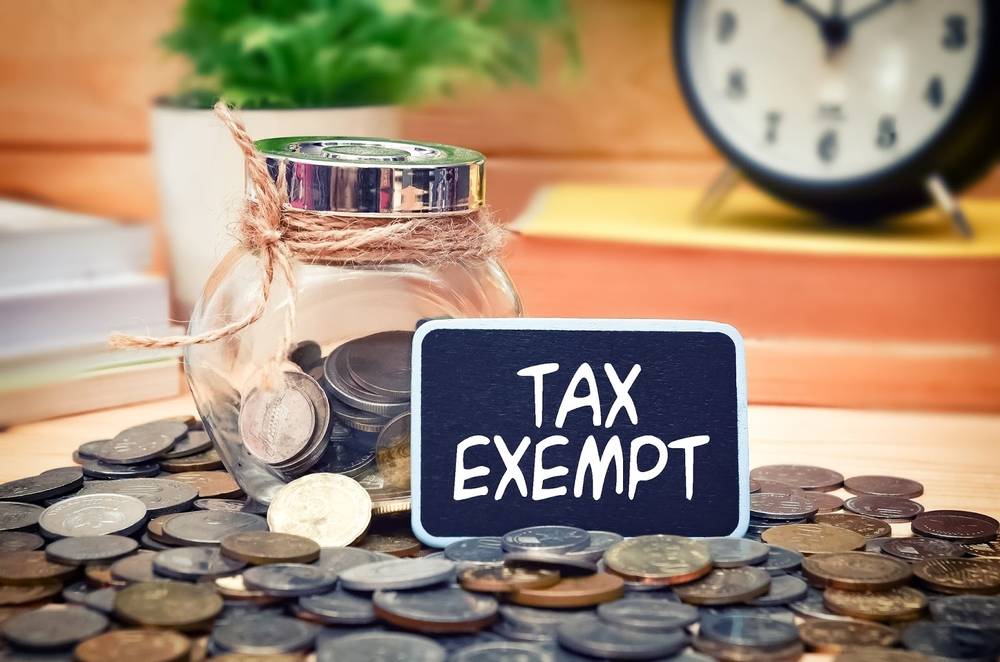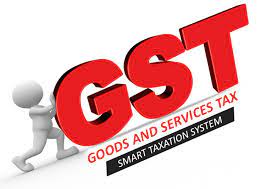Audit assurance types?
Types of Audit Assurance Audit Assurance, There are several types of audit assurance engagements, each providing a different level of assurance to stakeholders. The main types of audit assurance engagements include: Financial Statement Audit: This is the most common type of assurance engagement. It involves an independent auditor examining an organization’s financial statements and providing… Read More »









